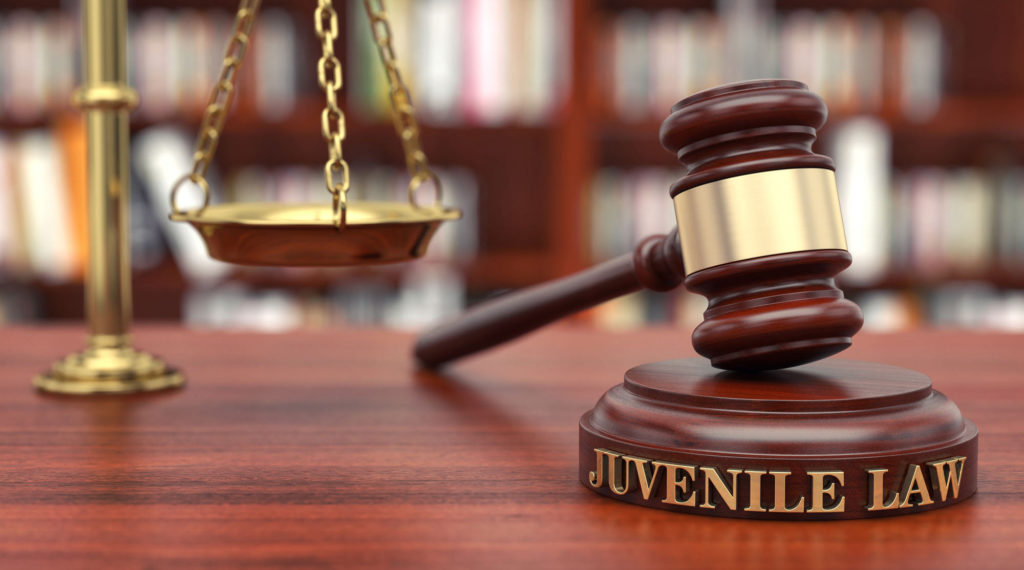The Balanced and Restorative Justice (BARJ) is a philosophy concept, partly developed by the United States Department of Justice – Office of Juvenile Justice and Delinquency Prevention, that is based on a set of principles that shall guide prosecutors in attaining a balance between the needs of the victim, the community, and of the juvenile offenders. The BARJ concept was modeled upon the use of restorative justice principles – one that responds to conflicts through a larger perspective of things, and not focused solely on the violation of the law. This new set of principles are now made applicable to the modern U.S. justice system and is employed to balance the needs of three parties – the victims, the community, and juvenile offenders.
The Juvenile Justice Bureau amended the purpose and policy clause of the Juvenile Court Act in order to include BARJ language. As such, the Bureau became the principal author of the BARJ Law in Illinois and spearheaded the process, wherein non-violent offenders are diverted away from the traditional court process of prosecution, and into a community-based restorative justice program.
The BARJ principles were highly promoted by the Bureau in 2007 through collaboration to constitute the Annual BARJ Week – a week-long program that aims to educate and spread public awareness on the principles of BARJ. The Annual BARJ Week further celebrates the success of the initiative by honoring the youth who were once participants of the restorative programs and have successfully completed the requirements of the system. Along with the youth participants, Restorative Justice Community Partners were also acknowledged and honored for their exceptional and significant help that made a huge difference in the lives of the troubled youth. Several Cook County public officials were invited to extend gratitude and recognition for their inspiring work.
In 2008, Father Dave Kelly and the Precious Blood Ministry of Reconciliation was recognized and awarded during the Annual BARJ Week. The organization brought together youths from different gangs and backgrounds to participate in healing peace circles, and they provided them with restorative and competency focused after-school-programs. In the same year, Robert Spicer and the Community Justice for Youth Institute was also honored for their outstanding work in helping the troubled youth.
Several other individuals and entities were recognized for their collaborative effort in addressing juvenile delinquency and full embracing of the BARJ principles, including Susan Garcia Trieschmann and the Evanston Restorative Justice Project – the founders of the flourishing victim/offender conferencing program and the peer jury program at the Evanston Police Department and the Evanston Township High School. Additionally, honors and awards were extended to Edith Crigler and the Chicago Area Project for the outstanding leadership in their initiative to foster peer juries and peace programs throughout numerous schools within the Cook County. All these initiatives are highly appreciated and respected, as they provide a successful diversion of a significant number of juvenile offenders from traditional court prosecution, and into restorative peer and peace programs.
Besides the BARJ concept, the Juvenile Justice Bureau also contributed largely to the creation of the Juvenile Intervention and Support Center (JISC). This pilot program aims to get to know arrested youth within the high-crime police districts in Chicago in an attempt to divert them from the tradition court prosecution and connected to a community-based organization that shall intervene and heal the root of issues for their arrest.
The Juvenile Justice Bureau currently aims to enhance Annual BARJ Week activities through demonstration of examples of restorative programs and including a culmination with peace circles in the courtrooms. The Bureau is also looking to increase the training of Juvenile Court prosecutors assigned within the latest community-based restorative programs, wherein the prosecutors are expected to be able to make effective screening decisions for the juvenile, non-violent offenders. Furthermore, Juvenile Court prosecutors are notable trial lawyers with extensive knowledge on available and accessible restorative programs offered to juvenile delinquents by community partners.
To promote and foster a more effective Juvenile Justice Community, the supervisors of the Juvenile Justice Bureau serve on numerous Boards and Committees, including the following:
- Girls Link, The Gun Violence Prevention Project
- The Balance and Restorative Justice Task Force
- The City Wild Restorative Justice Community
- The Community Partnership Team
- The Court Culture Implementation Team
- The Illinois Balanced and Restorative Justice Project Board
- The Juvenile Detention Alternatives Initiative
- The Juvenile Sex Offender Management Board
- The Redeploy Illinois Board
- The Retail Theft Program and the Illinois Department of Juvenile Justice Advisory Board
The Juvenile Justice Bureau has fully embraced the principles of the BARJ concept. It works in accordance with the belief that: justice is not truly measured by how much punishment is given but rather, justice is served by how much of the harm caused to the victims and the community is repaired, and by how accountability and competency are developed in the juvenile offender. The purpose and policy of the Illinois law is to promote a juvenile justice system based upon the Balanced And Restorative Justice and its principles.
Updated: September 2, 2020
